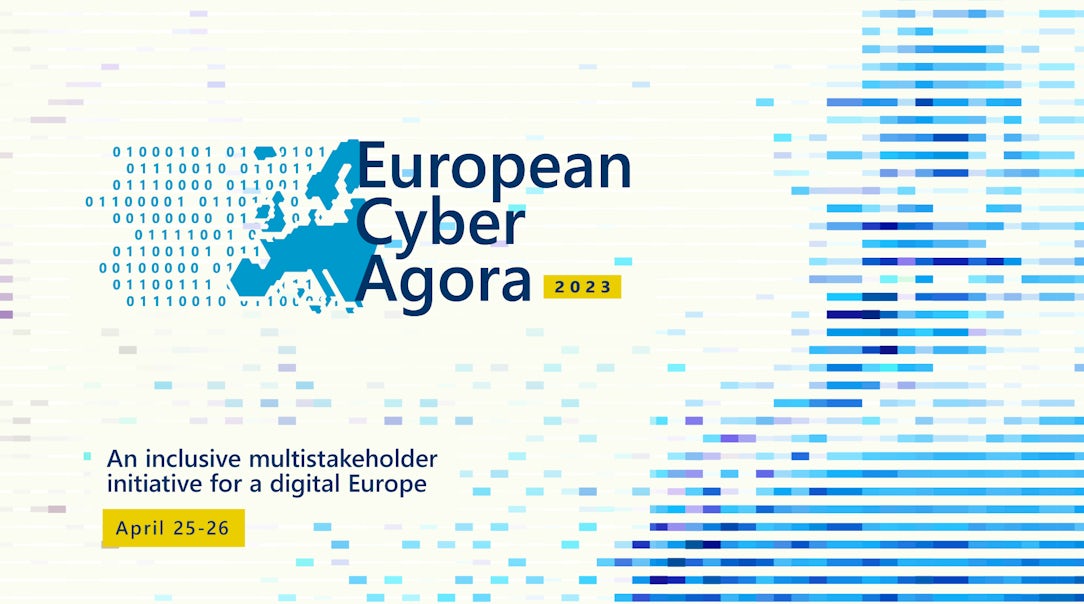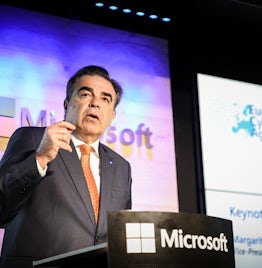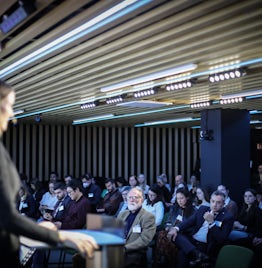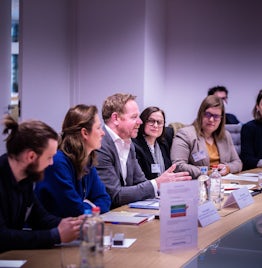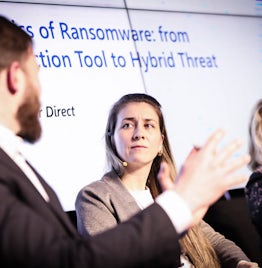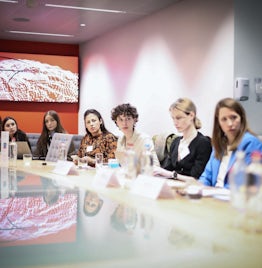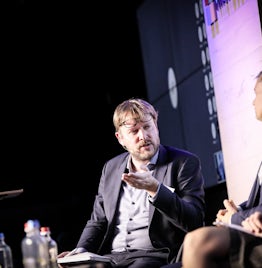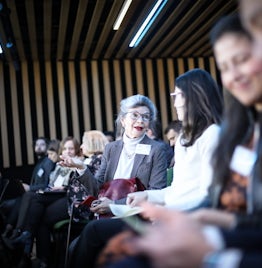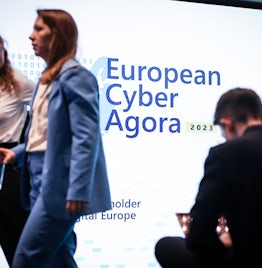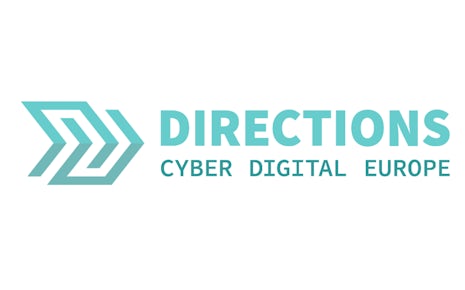As the European Union's cybersecurity policy strategy enters its third year, enhancing cyber resilience within the EU and advancing the EU's cyber diplomacy priorities internationally remains the utmost priority for the EU to respond to an increasingly challenging security environment.
This year, the European Cyber Agora continued to advance multistakeholder engagement with discussions ranging from cyber skills, diversity and inclusion to public-private cooperation, cyber resilience, capacity building, and the EU’s response to cyber mercenaries.
The conference took place on 25 and 26 April at the Microsoft Innovation Center in Brussels. Virtual participation was also possible.
Attendees could participate in high-level panel discussions with representatives of EU institutions, national governments, cybersecurity agencies, civil society, academia, and industry, as well as expert workshops led by the Agora community focusing on cyber diplomacy, emerging disruptive technologies, cybersecurity and space policy, and more.
In this context, EU Cyber Direct organised three workshops. On the first day of the conference, a discussion focussing on accountability and state responsibility in cyberspace explored the future of cyber deterrence and the role of the EU in fostering accountability and strengthening international cooperation. The workshop 'The Geopolitics of Ransomware: from Financial Extraction Tool to Hybrid Threat' examined the current threat landscape and the geopolitical features of ransomware attacks, as well as the role of international multi-stakeholder engagement and diplomatic countermeasures in cyber risk management. On day 2, the workshop on public-private collaboration in EU Cyber Diplomacy looked at existing realities of collaboration between the public and private sectors and drew from the lesson learnt in other multistakeholder coordination platforms.
The European Cyber Agora is facilitated by Microsoft, the German Marshall Fund of the United States, and EU Cyber Direct.
